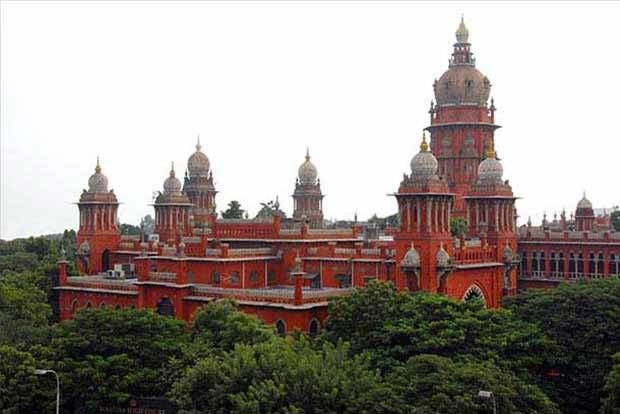Begin typing your search...
Not owners, only firm accountable in cheque dishonour case
The Madras High Court has clarified that in a cheque dishonour case involving a partnership firm, the complaint ought to make the partnership firm as an accused and not the partners.

Chennai
Quashing criminal proceedings against two partners of a partnership firm at the Villupuram Judicial Magistrate court, Justice N Anand Venkatesh said, “In this case admittedly, the cheque was given in the name of the partnership firm and after the cheque was dishonoured, no statutory notice was issued to the partnership firm and was not made as an accused in the complaint. Only the partners have been shown as accused persons in this complaint. Such a complaint is unsustainable and not in accordance with Section 141 of the Negotiable Instruments Act and the law laid down by the Supreme Court.”
Further, on holding that the proceedings will have to be necessarily interfered with by this Court in exercise of its jurisdiction under Section 482 of CrPC the judge said, “While interpreting the provision, the Supreme Court has categorically held that the complaint cannot be maintained against the directors of the company, without making the company as an accused person.”
“This concept has been extended even for partnership firms. The registration or non-registration of the partnership firm will have no bearing insofar as 141 of the Negotiable Instruments Act is concerned,” Justice Anand Venkatesh added.
As per the case, one Ramesh had filed a complaint against Rangabashyam and V Rajeshwari for an offence under Section 138 of the Negotiable Instruments Act. He had submitted that he was a partner in the firm named as ‘Laxmi Agencies’ and he was compelled to retire from the Partnership Firm. There were certain amounts due and payable to him and towards the discharge of the said liability, the duo issued a cheque for a sum of Rs 3 lakhs.
The said cheque was dishonoured on the ground of in-sufficiency of funds and after the issuance of the statutory notice, Ramesh proceeded to file a complaint against both.
However, the duo moved the High Court raising the issue that the complaint ought to have been issued against the partnership firm andnot against them.
Visit news.dtnext.in to explore our interactive epaper!
Download the DT Next app for more exciting features!
Click here for iOS
Click here for Android
Next Story



